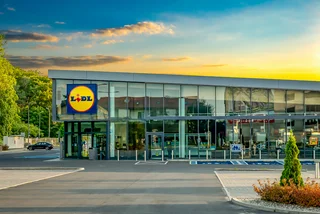The layout of Node5’s premises, which totals 624 square meters, reflects these varied client needs. By the reception area is an airy open space for around 40 people, at 30 “hot desks“. These are designed for freelancers or entrepreneurs who are just starting out. “This part of the space is designed for people who don’t need their own desk or don’t need to be in the office all the time, for example students,“ Hudeček notes. Next door is the “residential space“, for 55 people, intended for small firms that have already launched their products, and is suitable for web developers. Lastly, the Node5 premises includes an office space area, made up of four individual office spaces for up teams of four to eight people. Each office measures around 25/30 square meters, but can be extended or altered depending on client needs, and in total the office space can accommodate up to 100. “If we run out of space, we have the possibility to expand up to an additional 500 m2 further into the building block.,” he adds. So far, 30 individuals and companies have signed up as members of Node5.


